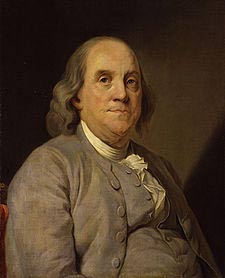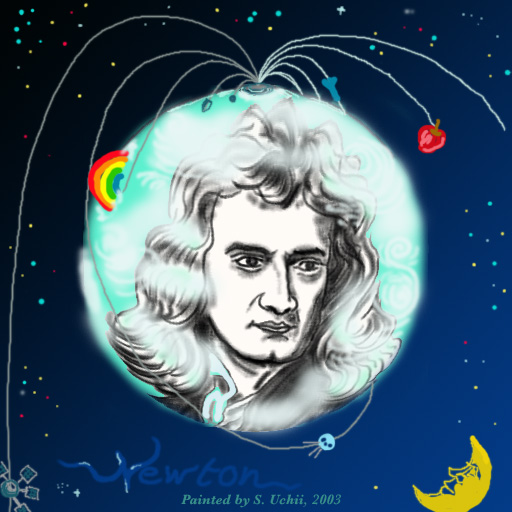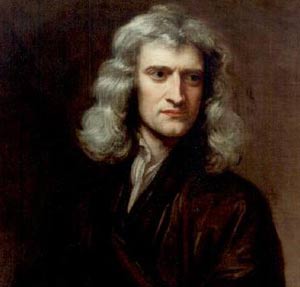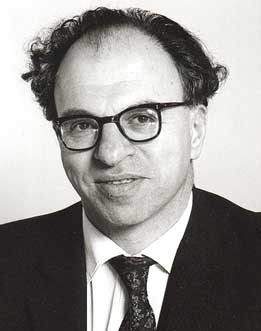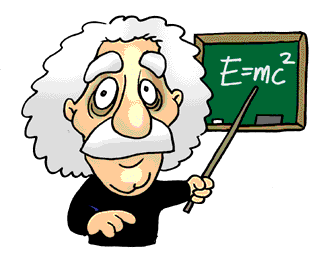Benjamin Franklin was a scientist, ambassador, philosopher,
statesmen, writer, businessman and celebrated free thinker and wit. He
has often been referred to as 'America's renaissance man' and was
emblematic of the fledgling American nation.
Benjamin
Franklin was born January 17, 1706 into a large and poor family. His
father had 17 children by 2 different wives. Benjamin was brought up in
the family business of candle making and his brother's printing shop.
Whenever he could Benjamin would take the opportunity to read and learn
about a wide range of subjects, from Sophocles to modern science. Whilst
co workers would take a leisurely lunch break, Benjamin Franklin would
pour over books from the bookshop munching on some raisins.
At an early age, he also started writing articles which were
published in the New England Coureant under a pseudonym; Franklin wrote
under pseudonym's throughout his life. After several were published, he
admitted to his father that he had wrote them. Rather than being pleased
his father beat him for his impudence. Therefore, aged 17, the young
Benjamin left the family business and travelled to Philadelphia.
In Philadelphia, Benjamin's reputation as an acerbic man of letters
grew. His writings were both humorous and satirical, but they also
raised the fears of the Pennsylvania governor, William Keith. William
Keith was fearful of Benjamin's talents so offered him a job in England
with all expenses paid. Benjamin took the offer, but once in England the
governor deserted Franklin, leaving him with no funds.
Benjamin Franklin frequently found himself in awkward situations, but
his natural resourcefulness and determination always overcame difficult
odds. Benjamin found a job at a printers in London. Here he was known
as the "Water American" - as he preferred to drink water rather than the
usual 6 pints of beer daily. Franklin remarked there was 'more
nourishment in a pennyworth of bread than in a quart of beer.
In 1726, a Quaker Merchant, Mr Denham offered him a position in Philadelphia. Franklin accepted and sailed back to the US.
On his journey home, Benjamin wrote a list of 13 virtues he thought
important for his future life. Amongst these were temperance, frugality,
sincerity, justice and tranquility. He originally had 12, but, since a
friend remarked he had great pride, he added a 13th - humility (Imitate
Jesus and Socrates)
Virtues of Benjamin Franklin
1. "TEMPERANCE. Eat not to dullness; drink not to elevation."
2. "SILENCE. Speak not but what may benefit others or yourself; avoid trifling conversation."
3. "ORDER. Let all your things have their places; let each part of your business have its time."
4. "RESOLUTION. Resolve to perform what you ought; perform without fail what you resolve."
5. "FRUGALITY. Make no expense but to do good to others or yourself; i.e., waste nothing."
6. "INDUSTRY. Lose no time; be always employ'd in something useful; cut off all unnecessary actions."
7. "SINCERITY. Use no hurtful deceit; think innocently and justly, and, if you speak, speak accordingly."
8. "JUSTICE. Wrong none by doing injuries, or omitting the benefits that are your duty."
9. "MODERATION. Avoid extremes; forbear resenting injuries so much as you think they deserve."
10. "CLEANLINESS. Tolerate no uncleanliness in body, cloaths, or habitation."
11. "TRANQUILLITY. Be not disturbed at trifles, or at accidents common or unavoidable."
12. "CHASTITY. Rarely use venery but for health or offspring, never to
dullness, weakness, or the injury of your own or another's peace or
reputation."
13. "HUMILITY. Imitate Jesus and Socrates."
Franklin sought to cultivate these virtues throughout the remainder
of life. His approach to self improvement lasted throughout his life.
Back in America, Franklin had many successful endeavours in business, jounalism, science and statesman ship.
Scientific Achievements of Benjamin Franklin
Science experiments were a hobby of Franklin. This led to the:
- Franklin stove - a mechanism for distributing heat throughout a room.
- The famous kite and key in the thunderstorm. This proved that lightening and electricity were one and the same thing.
- He was the first person to give electricity positive and negative charges
- The first flexible urinary catheter
- Glass harmonica
- Bifocal glasses.
Franklin never patented his inventions, preferring to offer them freely for the benefit of society. As he wrote:
"... as we enjoy great advantages from the
inventions of others, we should be glad of an opportunity to serve
others by any invention of ours; and this we should do freely and
generously."
Benjamin Franklin as Ambassador
Franlkin was chosen as an ambassador to England in the dispute over
taxes. For five years he held conferences with political leaders as well
as continuing his scientific experiments and musical studies. Later on Franklin played a key role in warning the British government
over the dangers of taxing the American colonies. In a contest of
wills, Franklin was instrumental in encouraging the British Parliament
to revoke the hated Stamp Act. However, this reversal was to be short
lived. And when further taxes were issued, Franklin declared himself a
supporter of the new American independence movement.
In 1775, he returned to America in conflict. He was one of the five
representatives chosen to draw up the American declaration of
Independence with Thomas Jefferson as author.
Franklin was chosen to be America's ambassador to France, were he
worked hard to gain the support of the French in America's war effort.
During his time in French society, Franklin was widely admired, and his
portrait hung in many houses.
At the age of 75, the newly formed US government beseeched Franklin
to be America's representative in signing a peace treaty with Great
Britain which was signed in 1783.
He was finally replaced as French ambassador by Thomas Jefferson, who
paid tribute to his enormous capacity Jefferson remarked " I succeed
him; no one can replace him."
Religious Beliefs of Benjamin Franklin
Benjamin Franklin believed in God throughout his life. In his early
life he professed a belief in Deism. However, he never gave too much
importance to to organised religion. He was well known for his religious
tolerance, and it was remarked how people from different religions
could think of him as one of them. As John Adams remarked:
"The Catholics thought him almost a Catholic. The
Church of England claimed him as one of them. The Presbyterians thought
him half a Presbyterian, and the Friends believed him a wet Quaker."
Franklin embodied the spirit of the enlightenment and spirituality over organised religion.
Franklin was a keen debater, but his style was to avoid confrontation
and condemnation. He would prefer to argue topics through the asking of
awkward questions, not dissimilar to the Greek philosopher Socrates.




